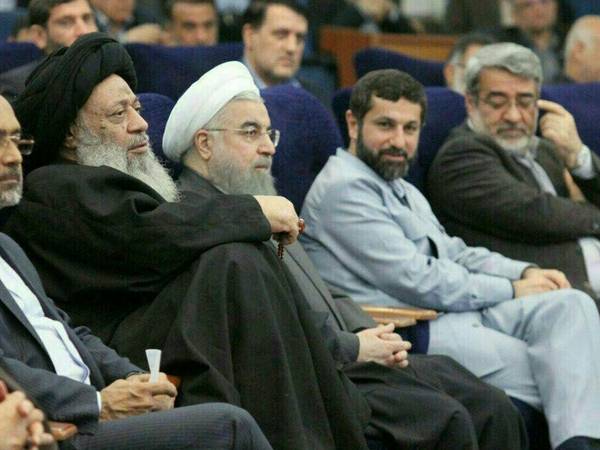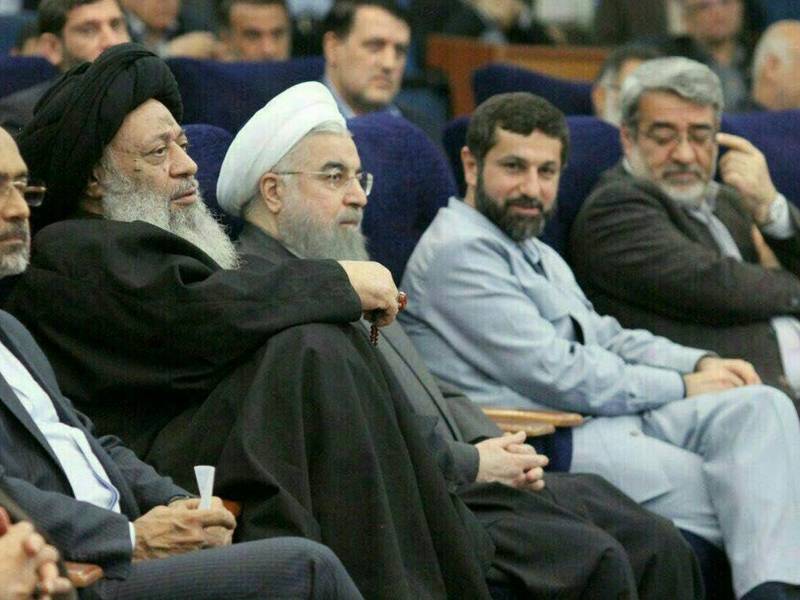On the eve of upcoming elections, the identity of Iran's future leader remains top secret, with a member of the Assembly of Experts citing security concerns amid assassination risks.
Mohammad Ali Jazayeri, the former representative of Khamenei in Khuzestan, admitted there is potential risk of assassination if the identity is revealed amid the country's worst civil unrest since the founding of the Islamic Republic in 1979.
On Wednesday, an official disclosed that President Ebrahim Raisi is one of three individuals designated by Supreme Leader Ali Khamenei to select the future leader of the Islamic Republic. Hassan Ameli, an Assembly of Experts member, confirmed Raisi's inclusion in the committee tasked with the decision, further solidifying Khamenei's confidence in Raisi's future role.
With Raisi initially the sole candidate from South Khorasan Province in the March 1 Assembly of Experts elections, the addition of a second candidate suggests formalities in the election process. However, questions remain regarding the Assembly of Experts' role in selecting the successor, as the committee of three is primarily tasked with this responsibility.
Following Ali Khamenei's tenure, an election for Iran's third Supreme Leader is slated. Succession to Khamenei has long been a sensitive issue in Iran. The Assembly of Experts holds the constitutional duty of selecting the next leader.
Khamenei has not publicly addressed his replacement. According to Iran's Constitution, the Assembly of Experts must convene to appoint a successor if the incumbent Supreme Leader dies or is removed. A Provisional Leadership Council, comprising the President, Chief Justice, and a cleric from the Guardian Council chosen by the Expediency Discernment Council, assumes leadership duties until a permanent successor is chosen.

